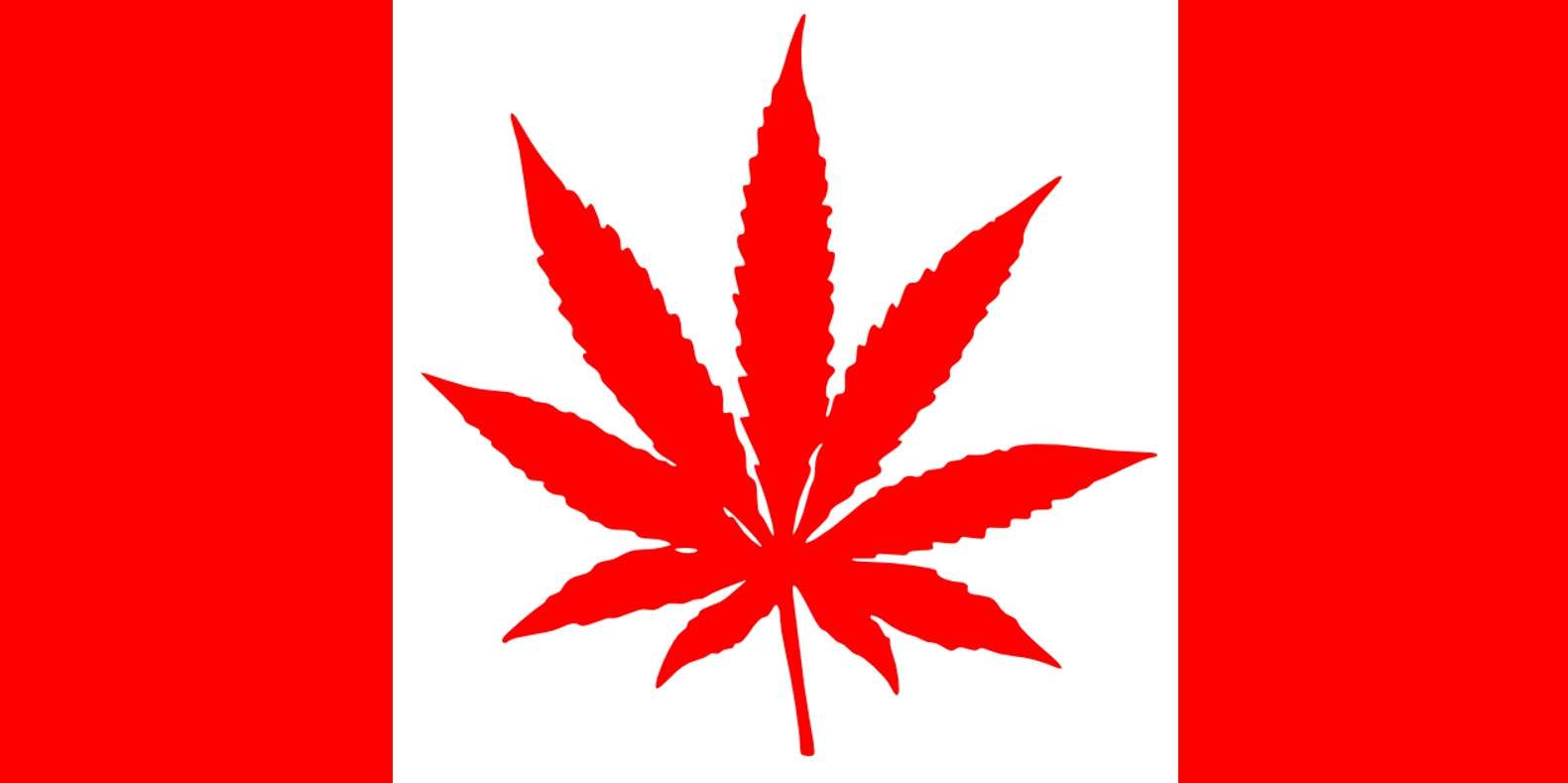New Bill Will Make Canada the Second Country to Legalize Marijuana
The government expects licensed cannabis retailers to begin serving recreational consumers next year.

Yesterday Prime Minister Justin Trudeau kept a campaign promise by introducing a bill that will make Canada the second country in the world (after Uruguay) to legalize marijuana for recreational use. The government expects legal sales to begin by the middle of next year.
Trudeau's bill, which will be managed by Liberal M.P. Bill Blair, a former Toronto police chief, closely tracks the recommendations of a government-appointed task force that delivered its report in December. The national government, which already licenses more than 40 producers of medical marijuana, will regulate cannabis growers, while provincial governments will decide the details of distribution. Advertising and marketing will be stricly regulated at the national level, as with tobacco.
Trudeau's bill sets a minimum purchase age of 18, but provincial governments can set a higher age if they choose. Every U.S. state with legal marijuana has picked 21 as the cutoff, tracking the drinking age, which in Canada is 18 or 19, depending on the province. Adults, however defined, will be allowed to carry up to 30 grams (about an ounce) at a time and grow up to four plants per household.
"The production of cannabis outside the regulated regime remains a serious criminal offense," Blair said yesterday. "Trafficking of cannabis outside the regulated distribution system…will remain a serious criminal offense. And this legislation…creates a new offense, a very serious offense, with a penalty of up to 14 years, for trafficking cannabis to a youth." Blair argued that a legal distribution system in which retailers are held accountable for verifying that their customers are adults will be more successful than the current policy of uniform prohibition at preventing sales to minors. "Today the decision to sell or not to sell to that child is often being made by a gangster in a stairwell," he observed.
National legislation allowing nonmedical use of cannabis seems to conflict with anti-drug treaties, which demand strict regulation of marijuana. "These conventions require that parties employ criminal sanctions for the possession, distribution, and consumption of non-medical cannabis," notes a new report from the Global Health Law Clinic at the University of Ottawa. "In the current Canadian context, legalizing cannabis would violate these conventions." The report argues that legalization in Canada could qualify for a "scientific purposes" exemption from treaty obligations if it is framed as a scientific experiment.


Show Comments (6)